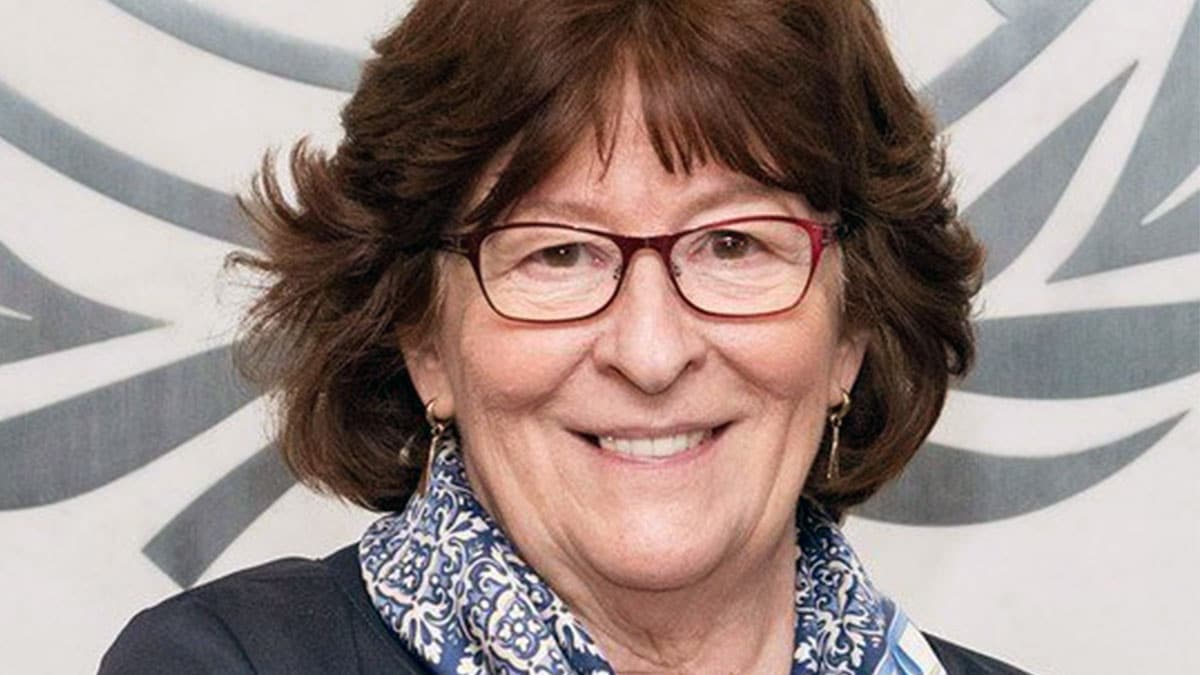GENEVA, Switzerland — International advocates of drug policy reform urged the government to ensure that former President Rodrigo Duterte’s admission of full responsibility for his war on drugs is kept to “genuine accountability, not just political theater.”
“Performative gestures are insufficient—justice requires substantive follow-through,” said Louise Arbour, a member of the UK-based Global Commission on Drug Policy (GCDP) and also a member of the advisory board of The Coalition for the International Criminal Court.
In 1996, she was chief prosecutor of the International Criminal Tribunal for the former Yugoslavia in The Hague and successfully secured the conviction of former Serbian President Slobodan Milosevic for crimes against humanity. Milosevic died in detention at a Dutch jail in 2020 while undergoing trial by the International Court of Justice.
READ: Duterte takes ‘full legal, moral responsibility’ for drug war
Arbour, a former justice of the Canadian Supreme Court, said of the Philippine war on drugs that “the congressional hearings should result in concrete actions: thorough investigations, prosecutions and convictions for those responsible for extrajudicial killings, with reparations for victims, including children and youth.”
Duterte, under oath before congressional investigations in November, took full responsibility for the actions of police officers who enforced his antidrugs crackdown that resulted in thousands of killings and extrajudicial executions.
Arbour said the congressional probe, alongside the Drug Policy Summit last July, must follow through with actual drug policy reform and amendment of the obsolete and punitive drug law in the Philippines that allows gross human rights violations and cruel punishments.
“Lawmakers, with the help of the Department of Justice and Department of Health, must consider and include the recommendations and outputs from the Summit, including those made by children and young people, such as removing the arbitrary listing of alleged drug suspects via the Drug Watch List,” she said.
She urged lawmakers to investigate the disproportionate targeting of vulnerable communities, especially people in impoverished areas, including children in urban poor communities and those living on the streets.
“A comprehensive reform grounded in human rights, public health, and harm reduction principles will pave the way for a more just and effective drug policy in the Philippines,” Arbour said.
Change drug laws
The statements of Arbour were in reply to emailed questions as the GCDP released last Dec. 5, its report, “Beyond Punishment: From Criminal Justice Responses to Drug Policy Reform,” that called for a re-evaluation of the global drug responses due to rising drug overdose deaths, increased violence, toxic drug supplies and strained criminal justice systems.
Comprising of 28 commissioners including 15 former heads of state and prominent political, economic and cultural leaders, the GDCP promotes drug policies that prioritize public health, human rights and social justice, and advocates for a drug policy that shifts from prohibition to human rights and evidence-based approaches.
The GCDP report highlights the Philippines’ failure of the war on drugs where, as of September 2022, there were 81,000 people in pretrial detention for drug offenses, accounting for 90 percent of all those detained in Bureau of Jail Management and Penology facilities for drug crimes.
“This situation not only violates the prohibition of arbitrary detention, but also undermines the human right to a fair trial, exposing arrested individuals to further human rights violations and abuses, including torture and ill-treatment,” the report stated.
“In the Philippines, thousands of incarcerated individuals share overcrowded cells, with no room to sleep, inadequate sanitation and limited access to basic needs such as food and medicines,” said the report, stressing that the practice of mandatory pretrial detention for certain drug offenses, such as personal use and possession, prevents judicial assessments and can delay periodic reviews of detention.
Former New Zealand Prime Minister and current GCDP chair Helen Clark said: “The ‘war on drugs’ has led to skyrocketing incarceration rates, rising overdose deaths and ongoing human rights violations.”
She said the report presents clear evidence that a harm reduction approach to drug use works, as it is a public health necessity, not a moral stance. “It’s time for a global shift toward drug policies that respect public health and human rights.” —Contributed


